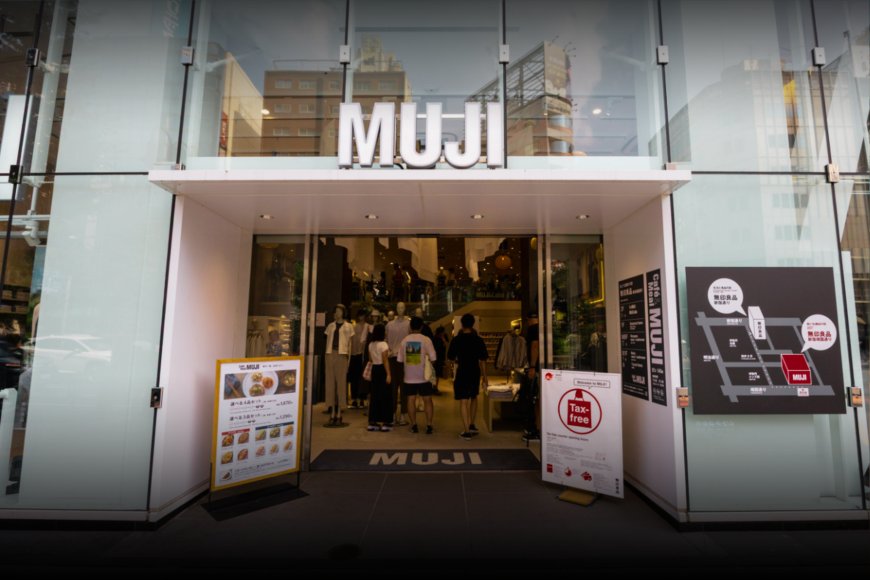Muji’s Online Services Disrupted After Ransomware Attack Hits Logistics Partner Askul Corporation in Japan
Japanese retailer Muji has taken its online store offline after a ransomware attack on logistics partner Askul Corporation, disrupting online orders and deliveries in Japan and raising concerns over cybersecurity and supply chain resilience.

Muji, Japanese retail giant, has temporarily taken down its online store following a ransomware attack on its logistics partner, Askul Corporation.The cyberattack triggered an enormous system outage, affecting Muji's online shopping and delivery services throughout Japan.
According to Muji's statement released , the incident impacted various online services, including product browsing, order placement, order history viewing via the Muji app, and even the display of specific website content. The company later acknowledged that, while most services were gradually restored, online purchases and monthly flat-rate service applications remained unavailable. Muji also stated that it is looking into shipment delays to figure out which customer purchases were affected before the incident occurred. The retailer intends to contact customers by email once the review is completed. Despite the continuous inconvenience, Muji stores outside of Japan, including China, Singapore, Europe, Australia, and North America, are open as usual.
Askul, a large logistics and e-commerce company owned by Yahoo! Japan Corporation, revealed that its systems had been compromised with ransomware, forcing the suspension of orders and shipping operations. In a public statement, Askul stated that it is investigating the scope of the incident, including whether personal or customer data was accessed. The company has also suspended return applications, catalog shipments, and customer service operations because its support lines and website are still down. So far, no ransomware gang has taken responsibility for the attack. However, this event comes after a similar ransomware attack on Asahi Group, Japan's largest beer company, which was recently targeted by the Qilin ransomware gang.
With this recent breach, experts caution Japanese enterprises to tighten cybersecurity measures and ensure supply chain resilience in order to avoid large-scale disruptions caused by third-party system breaches.The Muji-Askul incident highlights how one partner's security breach can affect multiple companies and customers. In today's interconnected world, protecting business continuity requires strengthening digital infrastructure and implementing proactive cyber defense methods.
Information referenced in this article is from Bleeping Computer







